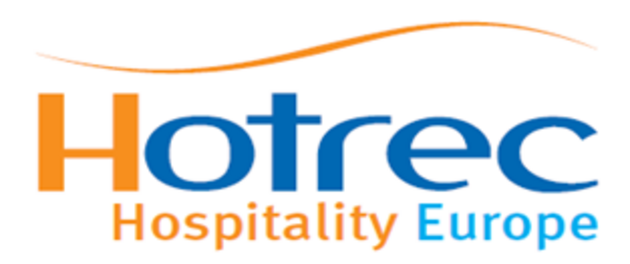
Brussels, 30 June 2015 – Last week Booking.com informed its hotel partners across Europe via e-mail that it would maintain rate and conditions parity with respect to the hotel websites, despite having already received a clear warning in Germany that parity clauses are anticompetitive and despite the recent developments in France setting the basis for a complete ban of price parity clauses by law. The new terms of Booking.com come into force on 1 July 2015 unless the hotel opposes to them.
As expressed by the European hotel industry at several previous occasions, this step of the rolling out of the conditions similar to as agreed with the French, Italian and Swedish competition authorities (and which are appealed at the court already) does not provide for a solution in restoring the entrepreneurial freedom of hoteliers of setting prices and conditions freely. With the current move, Booking.com rather (mis)uses its market power to set the conditions on the market and to hold back or at least to put an additional hurdle to competition authorities across Europe to exercise an in-depth investigation of parity clauses applied.
Moreover, the new conditions, as sent to hoteliers in Europe, differ from those commitments accepted by the 3 competition authorities (being still subject to appeals), as these conditions do not explicitly cover ‘Availability parity’ as in the ‘formal’ commitments.
To the authorities of these three countries, Booking.com has committed itself "to not enter into or enforce obligations that require accommodations to offer the same or a greater number of rooms, of any type, on Booking.com as those offered on any other OTA, or as is reserved for the accommodation itself.” (paragraph 2.1).
However, in the new terms and conditions Booking.com sets forth: „Accommodation agrees to give at all times (subject to availability) some availability for all rooms and room types and is encouraged to provide Booking.com with fair access to all rooms and room types (including various applicable policies and restrictions) and rates available during the term of the Agreement (during periods of low and high demand (including during fairs, congresses and special events)).”
Furthermore, the new clauses also do not refer to the equivalent measures as agreed with the 3 competition authorities.
"It is not to one and only internet giant to impose its own rules to the market, which are already being considered anti-competitive at least in one European country. The European hotel industry hopes that, similarly to Germany, most countries’ authorities would still exercise in-depth investigations into the anti-competitive nature of any type of parity clauses applied in contracts between hotels and OTAs, as these new conditions are still regarded anti-competitive by the European hotel industry as well” commented the new situation Christian de Barrin, CEO of HOTREC.
In today’s meeting the distribution experts of the HOTREC National Associations agreed to continue their work towards restoring the possibility for hoteliers to provide directly the rates and conditions to their clients as they would like to, be it on 20th century (offline) or 21st century (online) channels.
|
What is HOTREC? HOTREC represents the hotel, restaurant and café industry at European level. This industry includes around 1,8 million businesses, of which 99% are small and medium sized enterprises (91% of them micro enterprises, i.e. employing fewer than 10 people). These businesses make up some 59% of industry value added. The hospitality industry provides some 10.2 million jobs in the EU alone. Together with the other tourism industries, the sector is one of the largest industries in Europe. HOTREC brings together 42 national associations representing the sector in 28 different European countries. |
For further information: www.hotrec.eu
PRESS CONTACT: Daniel Makay +32(0)2 504 78 42, daniel.makay@hotrec.eu
D-0615-322-DM-press_release_booking_com_commitments_in_europe